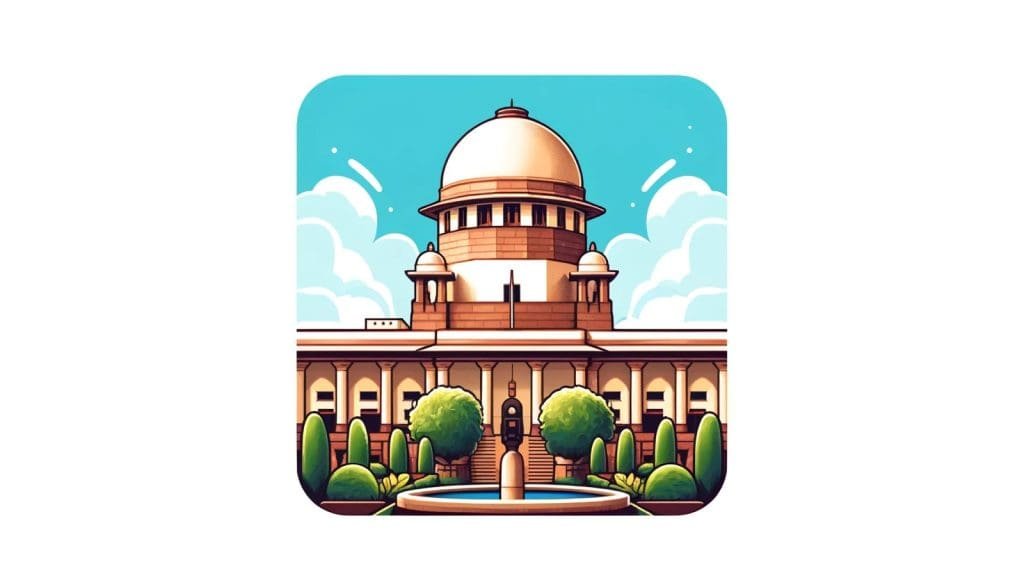
The Supreme Court of India recently issued a pivotal ruling that redefines the arrest powers of the Enforcement Directorate (ED) under the Prevention of Money Laundering Act (PMLA). This landmark decision emphasizes judicial oversight and the protection of individual rights during arrests for money laundering accusations. Here, we examine the nuances of this ruling, its implications, and its broader impact on the legal framework governing the ED’s powers.
Details of the Supreme Court Ruling
On May 17, 2024, the Supreme Court ruled that the ED cannot exercise its special arrest powers under Section 19 of the PMLA without court permission once an individual has been summoned by the court. This decision aims to prevent potential misuse of arrest powers and ensure that arrests are subject to judicial scrutiny.
Understanding Section 19 of the PMLA
The PMLA, enacted in 2002, provides a legal framework to combat money laundering and the concealment of illicit proceeds. Section 19 of the Act grants the ED authority to arrest individuals suspected of money laundering without a warrant, based solely on the officer’s belief of their guilt. This section has been controversial, with criticisms regarding its potential for abuse and arbitrary arrests.
Judicial Oversight and Protection of Rights
The Supreme Court’s ruling underscores the necessity of judicial oversight in arrest procedures. By mandating that the ED seek court approval before making arrests, the decision seeks to balance effective law enforcement with the protection of individual rights. This measure is intended to ensure arrests are based on strong evidence and judicial endorsement.
Implications of the Ruling
- Civil Liberties Protection: The ruling enhances the protection of civil liberties by preventing arbitrary arrests without judicial review, aligning with the constitutional framework that safeguards individual rights.
- Checks and Balances: Introducing an additional layer of oversight, the ruling ensures that the ED’s powers are exercised responsibly and transparently, reinforcing checks and balances in the legal system.
- Impact on Legal Proceedings: This decision could affect ongoing and future PMLA cases, as accused individuals who have been summoned but not arrested may benefit from increased judicial scrutiny, reducing the likelihood of arbitrary detention.
- Legal Precedent: The ruling sets a significant precedent that may influence future interpretations of the PMLA and other statutes granting arrest powers to enforcement agencies, potentially prompting calls for similar judicial oversight across other legal domains.
Broader Context and Reactions
The decision has received mixed reactions. Legal experts and human rights advocates have praised it as a crucial step towards protecting individual rights and preventing power misuse. Conversely, some law enforcement officials express concerns that this ruling might impede the ED’s ability to act swiftly in tackling money laundering.
The ruling emerges amidst increasing scrutiny of enforcement agencies’ powers and actions in India. Recent high-profile money laundering cases and the ED’s investigative role have heightened public and legal discourse on this issue.
Conclusion
The Supreme Court’s decision on the ED’s arrest powers under the PMLA marks a critical development in ensuring judicial oversight and protecting individual rights. By requiring court approval for arrests, the ruling aims to prevent misuse of power and reinforce the judicial system’s role in safeguarding civil liberties. As legal and enforcement practices evolve in response to this ruling, its implications will likely extend far into the future, influencing how law enforcement and individual rights are balanced in India.
This decision not only reinforces judicial oversight but also reaffirms the judiciary’s role in protecting against potential state overreach. Observing how this ruling shapes the ED’s and other agencies’ practices in the coming years will be of significant interest.